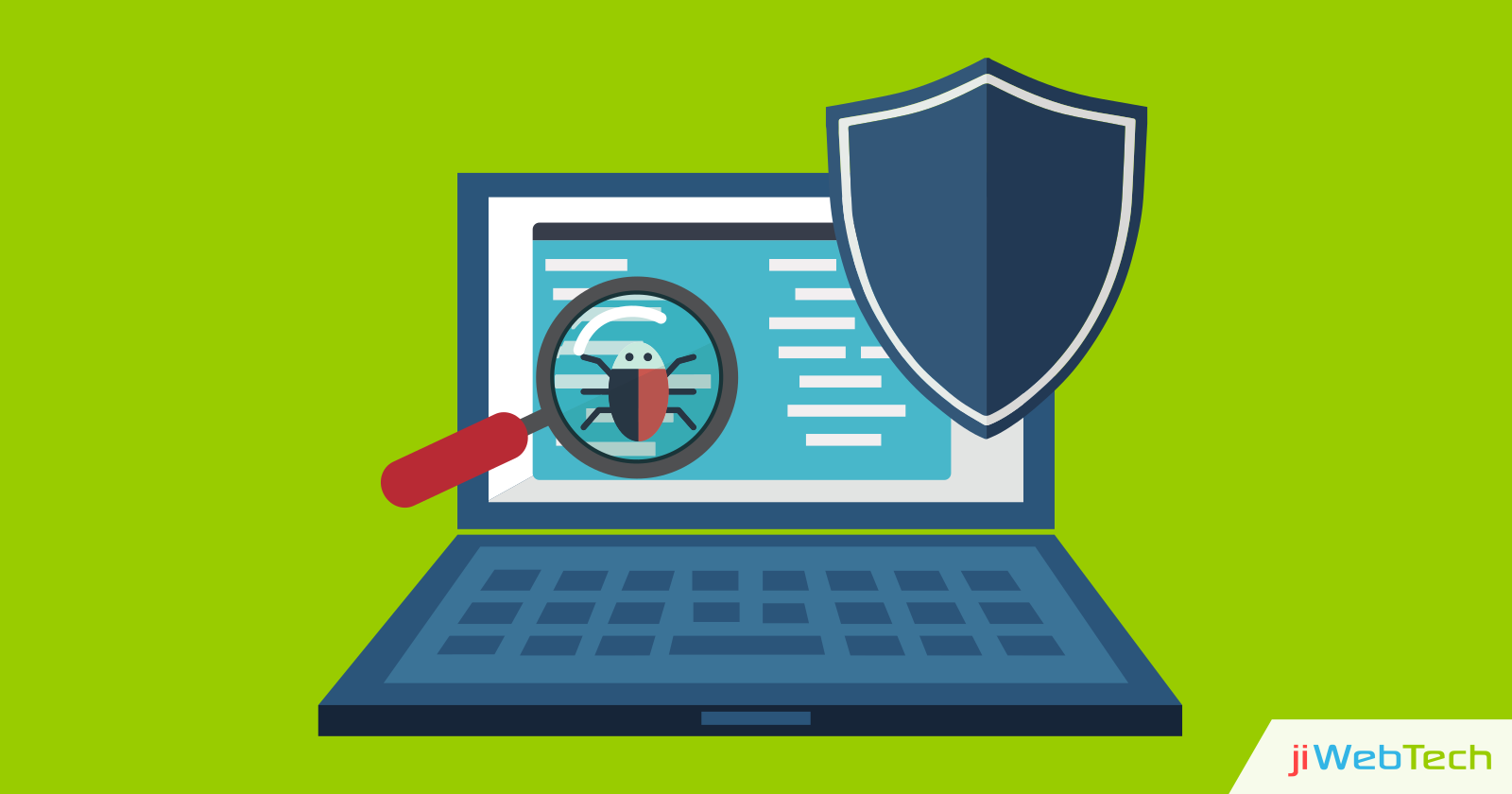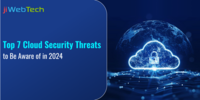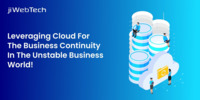- Mar 28, 2022
- Cloud Hosting
- 5690
Share this post on:

Malware is one of the great boogeymen of the web. It has been around longer than the web itself and keeps on being a risk to site proprietors, developers, and internet users right up till today. On the off chance that you do not comprehend what malware is and how it can influence your website, you are abandoning yourself vulnerable. However, as malware advances, so do the strategies for protecting against it.
While malware can affect every website and device, if you teach yourself how it functions, you will have a decent foundation for protecting yourself. There are various techniques you can use to reinforce your website against attacks. Let's look more carefully at the absolute and most predominant sorts of malware and how they can affect your website.
Spyware: As the name suggests, spyware is a program that hides on your device and gathers information. This makes it a standout amongst the most dangerous kinds of malware, as it can be utilized to accumulate sensitive information. Basic uses for spyware incorporate tracking your keyboard to gather passwords. It can also be used to watch your web activity or private conversations. Spyware more often than not spreads by either utilizing the Trojan horse technique of hiding inside other software or by being added to a website.
Ransomware: This is a sort of malware that does not hide in the shadows, but rather gladly makes its existence known. Ransomware will threaten you with some activity or upset your framework unless you pay to have it removed. A basic technique for coercion is to encrypt your files and make them inaccessible. The attackers will then demand payment if you need to have the files decrypted. Ransomware is often spread by means of emails and attachments that contaminate the network once opened.
Trojan Horses: A trojan horse is a piece of software that seems, to be completing one thing while hiding its actual functionality. On websites, trojan horses can be modules that claim to accomplish something helpful while running malicious code out of sight. This typically happens when you install pirated plugins or themes, which attackers can use to include backdoors and get to your website's data. To maintain a strategic distance from this, ensure you are cautious about what you add to your website.
Wiper: Wiper malware is used to wreck the gadget or system it infects, making it one of the most destructive kinds of malware. Wiper malware is fundamentally utilized as a sort of cyber warfare. The objective is always to attack and destroy, instead of subtly utilizing another gadget for illegal means. Once again, keeping consistent backups is your most important defense. Along these lines, you will guarantee that your information is recoverable regardless of whether your website is hit by a wiper.
Computer Viruses: This is the most famous kind of malicious programming, to the point that a virus is normally utilized as an equivalent word for all malware. As a general rule, a computer virus refers to any product that replicates itself and includes its code into different projects. That is the reason we utilize the term infected to describe the influenced system. Since it conceals its programming inside some other software's code, a virus can be utilized to perform any task.
Keeping your website secure requires a considerable measure of planning, work, and know-how. Luckily, you do not need to do it alone. Here at jiWebHosting, we offer tools that can enable you to protect your website. Our tools keep your website safe from malware by examining it and evacuating risks before they can crush your files. Do you have any questions concerning securing your website against malware, or how we can help? Reach us, and let's begin the discussion.









